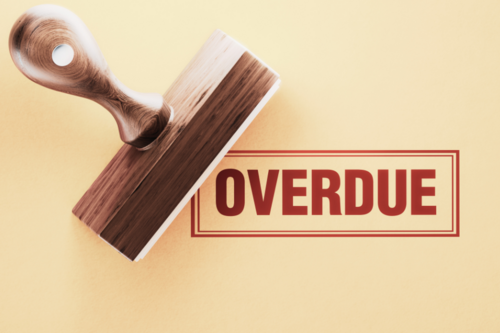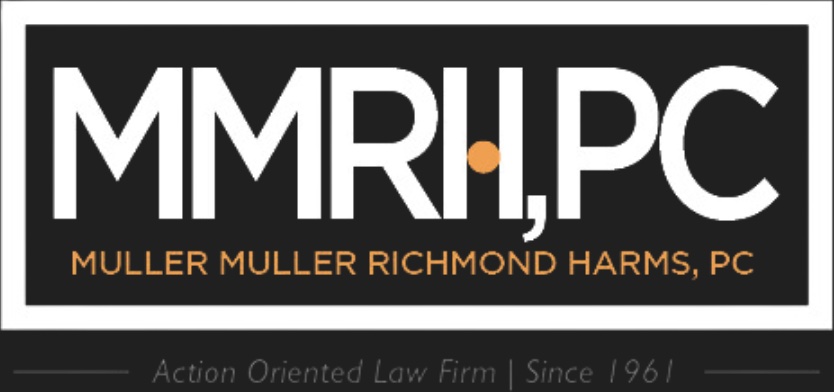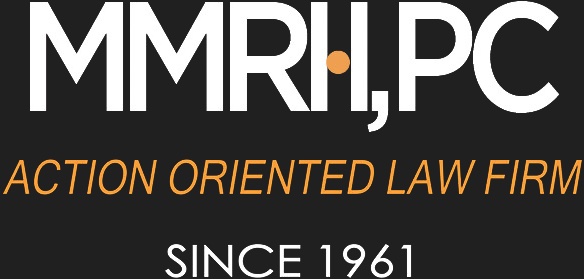Creating an Atmosphere of Urgency

Have you sent a reminder to your debtor, and they’re still not paying?
How do you craft effective reminders?
Imagine yourself forgetting to pay a couple of bills before you take a long vacation. One bill is from your doctor, and the other is from your credit card company. When you come home, you’ll probably find two or three reminders – in your mailbox or email and on your voice mail – from your credit card company. Each reminder is sterner than the last, transitioning from polite to insistent. In contrast, your doctor probably hasn’t contacted you at all or perhaps has sent you another statement. By the time your doctor warns you that your account may go to collections, you may have already heard from your credit card company’s law firm.
Credit card companies figured out a long time ago that urgency works. If you’re like most people in this situation, you’ll respond predictably: you’ll pay your credit card bill before you pay your doctor.
Debtors who have more debt than money (most of them) must set priorities. You are competing with other creditors, and you need to make payment of your bill the debtor’s priority.
When you follow up with your newly delinquent customers, you want to grab their attention. Common techniques for creating urgency include:
- Interest and penalties: Consistent with your credit agreement and state laws, add interest, late fees, or both. Give your debtor the unambiguous message that the consequence of dragging out payment is that they’ll end up having to pay more money.
- Attention-getting words and “big red letters:” It’s corny, but it works. Send notices more often with notations like “urgent” and “past due” on them in red ink. (If you’re dealing with consumer debtors, keep any red ink that suggests the communications for debt collection inside the envelope. You can mark the envelope “urgent,” but save words like “past due” for the printed invoice that you put inside.)
- Frequent reminders: Use a series of collection letters. For pointers on this, check out our guide to writing demand letters.
- Multiple modes of contact: Use different forms of communication to keep your reminders in front of your debtor: email, overnight delivery, telegram, hand delivery, fax, text messages, and even social networking websites – whatever works.
- Making a phone call: If collection letters and similar contacts don’t result in payment, sometimes a phone call will bring in the money.
If you’re continuing to work with your customer, consider cutting off further services or deliveries until payment is made. If you’re lucky, you’re a critical supplier to your debtor, and they’ll need to pay you to avoid increased costs or disruptions, or perhaps even to stay in business.
Michigan Collection Services You Can Rely On
If you’re tired of trying to get ahold of your debtor and you’re looking for reliable collection services in Michigan, you’re in the right place. To get in touch with a collection firm that prioritizes you and your money, call (248) 645-2440 or submit a contact form here.


